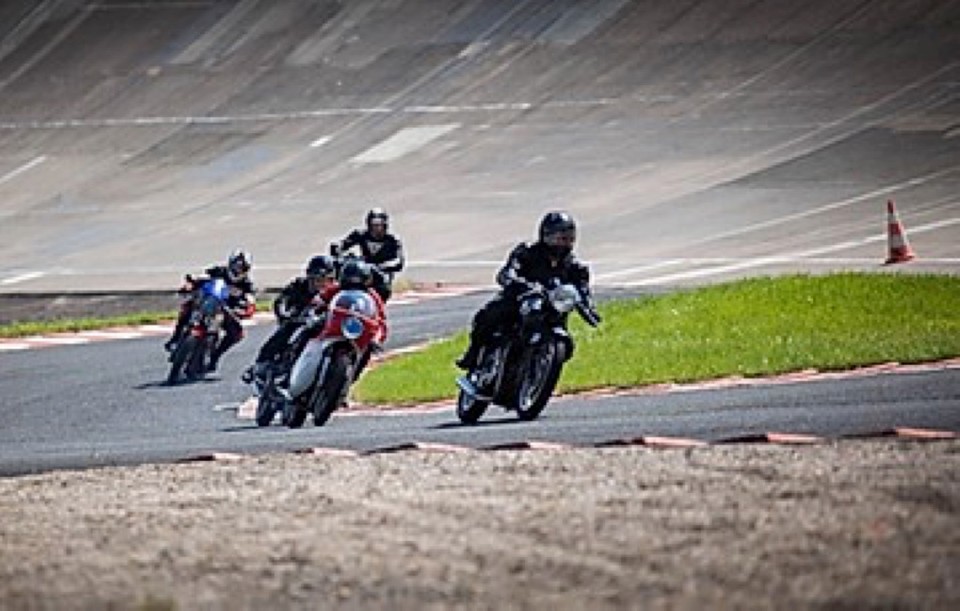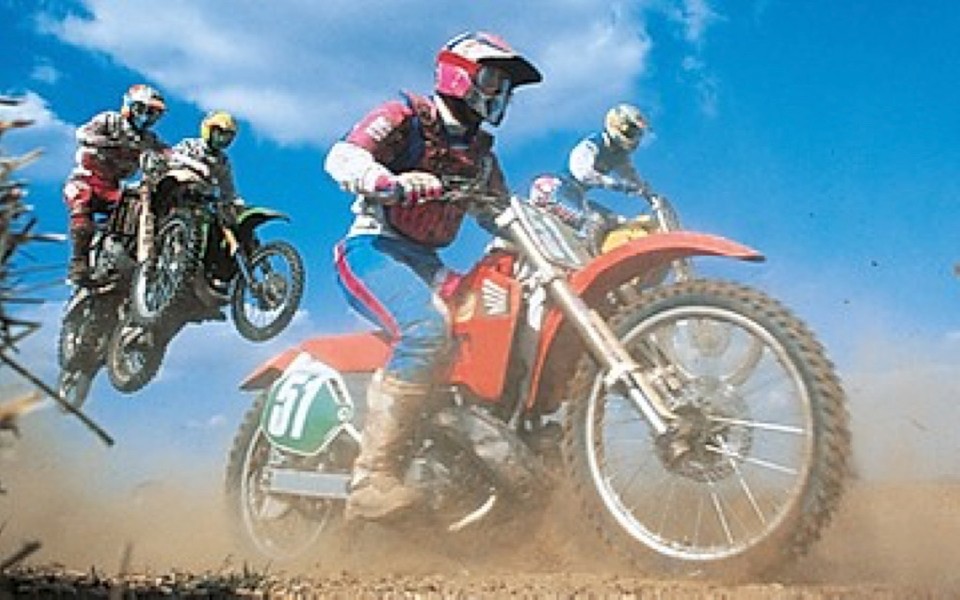Imagine you are in the middle of a high-stakes competition or performance. You’ve prepared. You’re confident. You’re gettin’ after it. But all of the sudden you make one small mistake. Then another. And these mistakes cost you. You’ve given your opponents the opportunity to pull ahead of you — and not just the best guy who is decent competition for you, but even some of the guys you can usually outgun are doing better than you. There’s a lot on the line for you in this particular competition or performance. And you’re falling behind, fast. What do you do?
DO YOU SHUT DOWN?

Then you’ve already thrown in the towel and will probably lose. You’ve shut down if you find yourself thinking things like: “It’s over, there’s no coming back from that.” Or maybe: “I’m just going to quit now, I’m not going to win so there’s no point in trying anymore.” Or even: “I am going to look terrible if I don’t finish well on this so I’m just going to give up and not try as hard so I have a reason for not doing so well.”
Shutting down is a serious problem because you’re letting a small lag in your performance cause you still have the potential for performing well. Even more frustrating: if you have a teammate who shuts down and their lack of effort, shitty attitude, and low scores drags everyone else down with them. Why do we do this?? We really do want to perform our best but by shutting down we end up doing the exact opposite! Well, it’s a mechanism we employ to protect ourselves from bruising on our ego. By not putting in effort, we have an excuse for why we don’t live up to our own standards. If we stop trying, we give ourselves a logical reason for why we under-performed. It’s self-preservation. Let’s be honest: we’ve all done this at one point, it’s hardwired human nature. Doing it one or twice may not be a big deal, but when our brains get into the habit of shutting down over and over again to protect our ego, that’s when it becomes problematic.
People with perfectionistic tendencies tend to shut down — especially those that lead you to be more concerned about doing the best (i.e. winning) versus doing your own best (i.e. achieving a personal best or PR). Once the possibility of them not actually winning enters their head, they need a logical reason to explain why they didn’t live up to their own high standard.
DO YOU RACE?

People who “race” when they notice they’re falling behind tend to immediately buckle down and try as hard as they can to wim the next round. They spend every ounce of effort they have on getting back in the running and proving they’re a worthy contender. That’s not such a bad thing, right?! That’s pulling up the bootstraps and giving “110%” when the going gets tough. Well, this all-out energy mobilization might get you back in the running fast, but you will quickly burn yourself out and fall even further behind in the long run. Additionally, putting in that “110%” and forcing a quick comeback tends to increase muscle tension, decrease awareness, and decrease reaction speed – which are all far worse for your accuracy and timing. By “racing” our opponents, we end up getting worse, not better.
By getting so caught up with how other people are performing in comparison to us, we lose sight of what we need to do to perform at our highest level. Not to say competition isn’t awesome, and it feels damn good to blaze past everyone to come out on top. Competition is hardwired into our DNA and it’s how our species has survived. But if you get too wrapped up in being that “Spotlight Ranger” who is only concerned with outperforming everyone for bragging rights, you will quickly burn yourself out and underperform.
If you’re a “racer,” try to view competition in a different light. The word “compete” is actually rooted in with, not against. True competition means that every competitor should be pushed to their highest level of performance. We can push ourselves harder when we’ve got people around us who force us to really go with them. Have you ever been in a competition with someone who actually helped you step up your own game? Sure–because you were using their skill and ability level to really step up into that next level with them, not just against them. We can use our competition to see where we could be and push ourselves to be at our best.
BOTTOM LINE
We must recognize our ineffective strategies of “shutting down” or “racing” in competition and have a plan to manage this situation during competition so you can regain composure quickly and perform at your highest level. People who follow their plan, and run their own race, notice others getting ahead but re-focus quickly on their own strategy and plan. They recognize that getting caught up with how others are performing is just a distraction to their own process and skill execution. Focus on your process, not just the outcome.
TAKE ACTION
Step 1. Recognize your patterns. When do you tend to shut down? Race? Does it happen with certain competitors? Certain competitions themselves? Learn the intimate details of what you tend to do when you find yourself falling behind. These details give you the self-awareness necessary to do something about it. If you find that it’s very infrequently that you’re reacting ineffectively to falling behind, examine what you do to stay on track–you can use this to build a specific, action-oriented plan for those instances you do do get caught up in falling behind.
Step 2. Build a specific, action-oriented plan to fall back on. If you tend to shut down or race, you’ll need a specific plan to help rewire your brain as you work on breaking your ineffective habits. And by specific, I mean REALLY specific. Your brain craves details and operates best when you don’t give it the change to “fill in the gaps” when details are missing. Here’s an example plan: You notice you’re falling behind and you start to shut down. First, you look at the ground, take two deep breaths with a 5-count inhale and 5-count exhale while you envision your neck and shoulder muscles releasing tension with each exhale. Then, quickly run through your pre-shot routine in your mind’s eye. (By this point your brain has already forgotten about the worry related to falling behind since you’ve been so focused on decreasing physical muscle tension and visualizing your pre-shot routine.) Finally, get back in the game: pre-shot routine, ID your target, engage, and drive on.
Step 3. Focus on what you control. You have zero control over your competitors, how they prepared, the decisions they’ll make, their quality of equipment, etc. Don’t waste your time or mental energy thinking about them. When you notice you’re falling behind, focus on your own process and what you have control over. Winning is more likely to occur when you’re focused on your own process, so let your opponents push you (not drag you) to your highest level of performance.



Pingback: kamagra livraison de nuit en ligne livraison
Pingback: cheap enclomiphene purchase discount
Pingback: how to order androxal usa seller
Pingback: flexeril cyclobenzaprine without prescription mexico
Pingback: order dutasteride uk over the counter
Pingback: cheapest buy gabapentin purchase uk
Pingback: get fildena buy online no prescription
Pingback: buy itraconazole generic when available
Pingback: buying staxyn generic now
Pingback: online order avodart cheap no prescription
Pingback: discount rifaximin cheap drugs
Pingback: buy cheap xifaxan without a script
Pingback: generické tablety kamagra